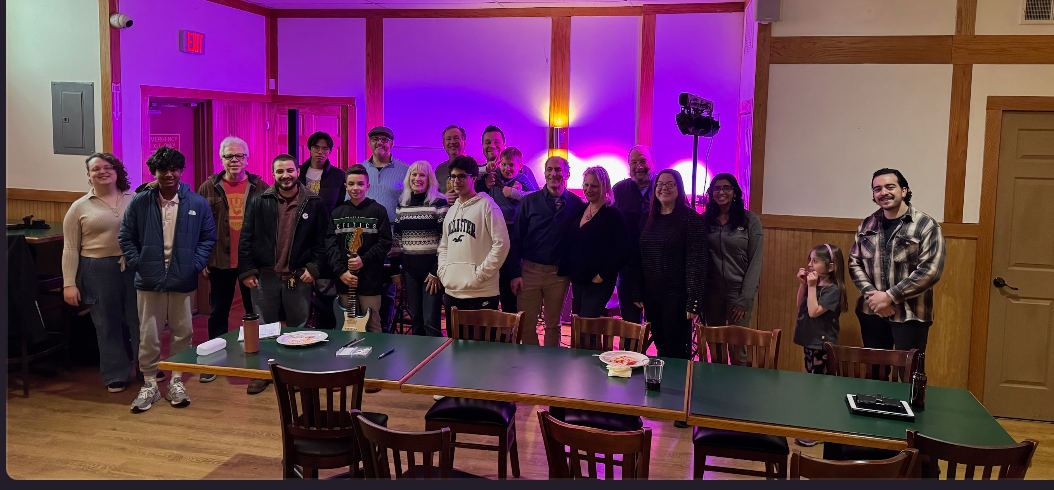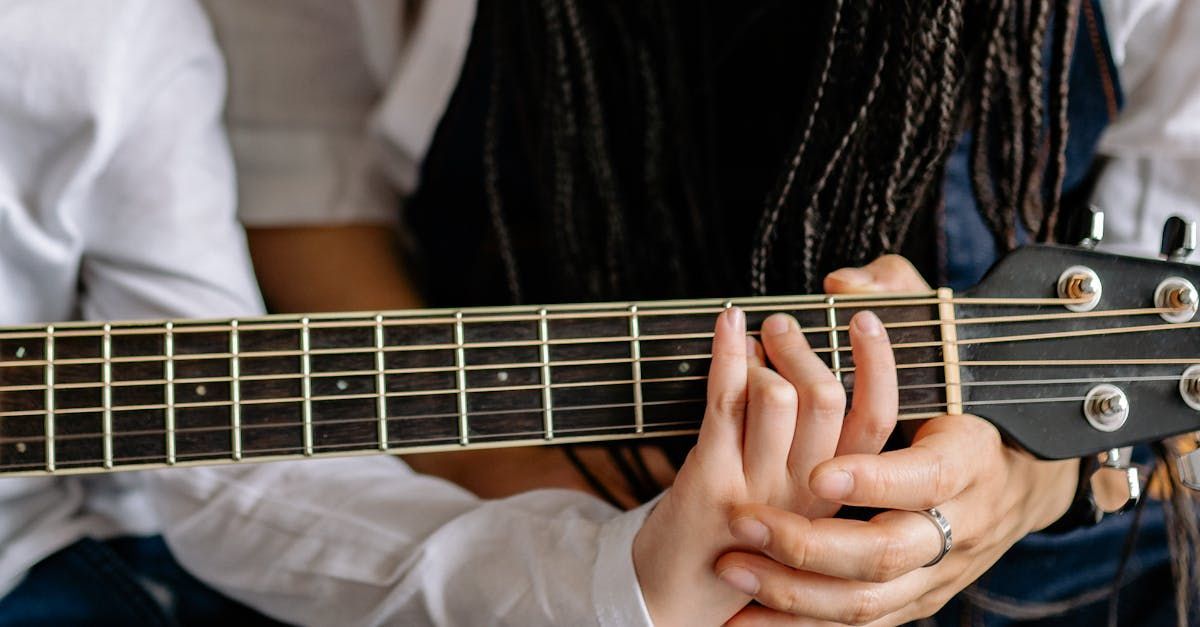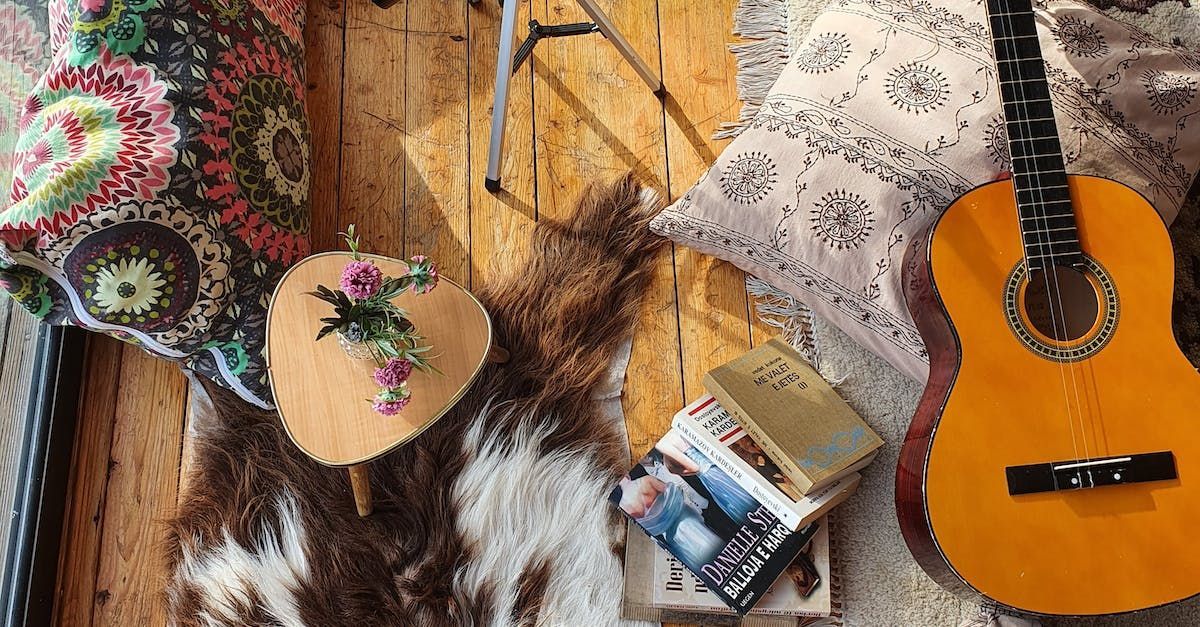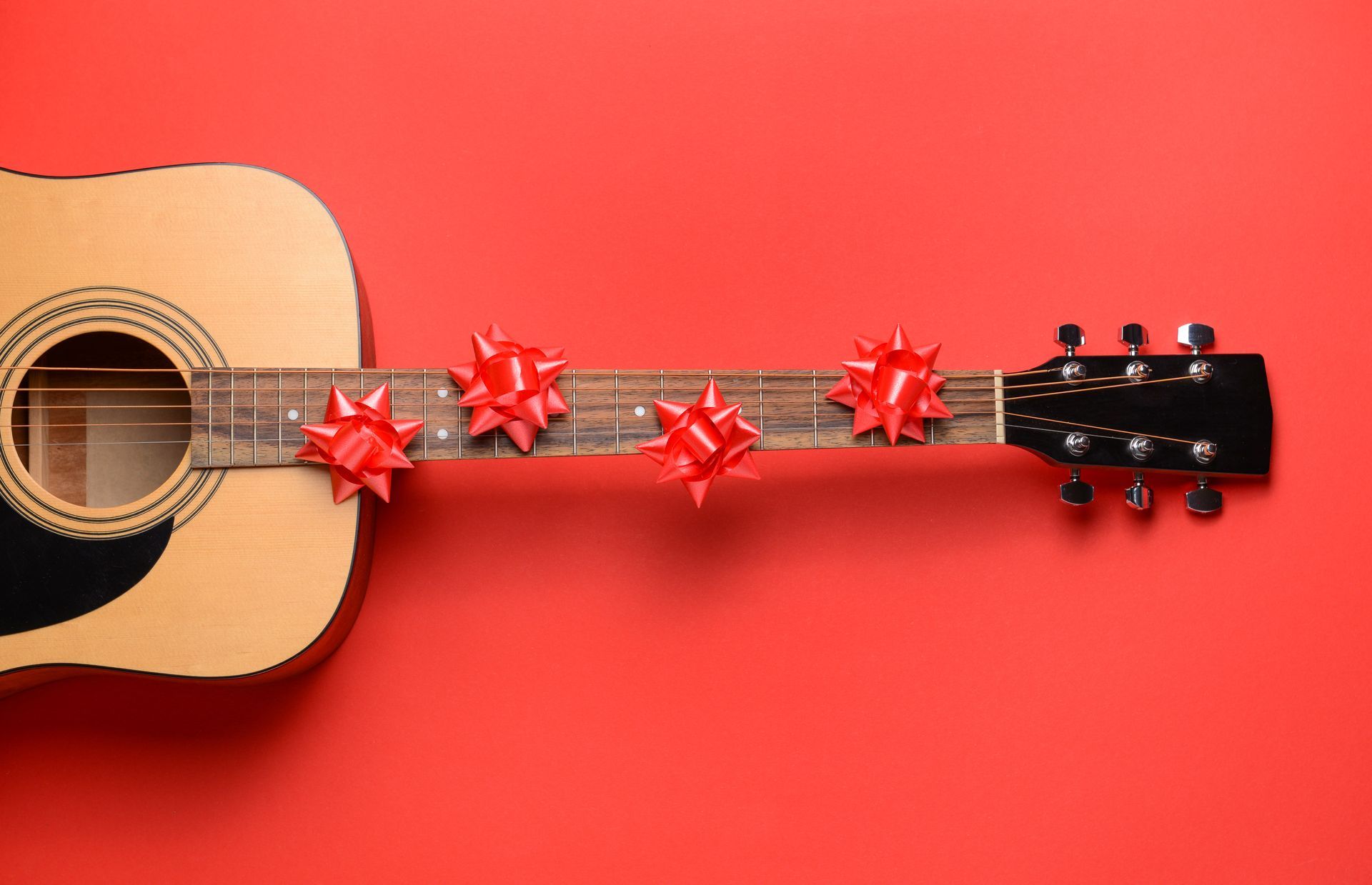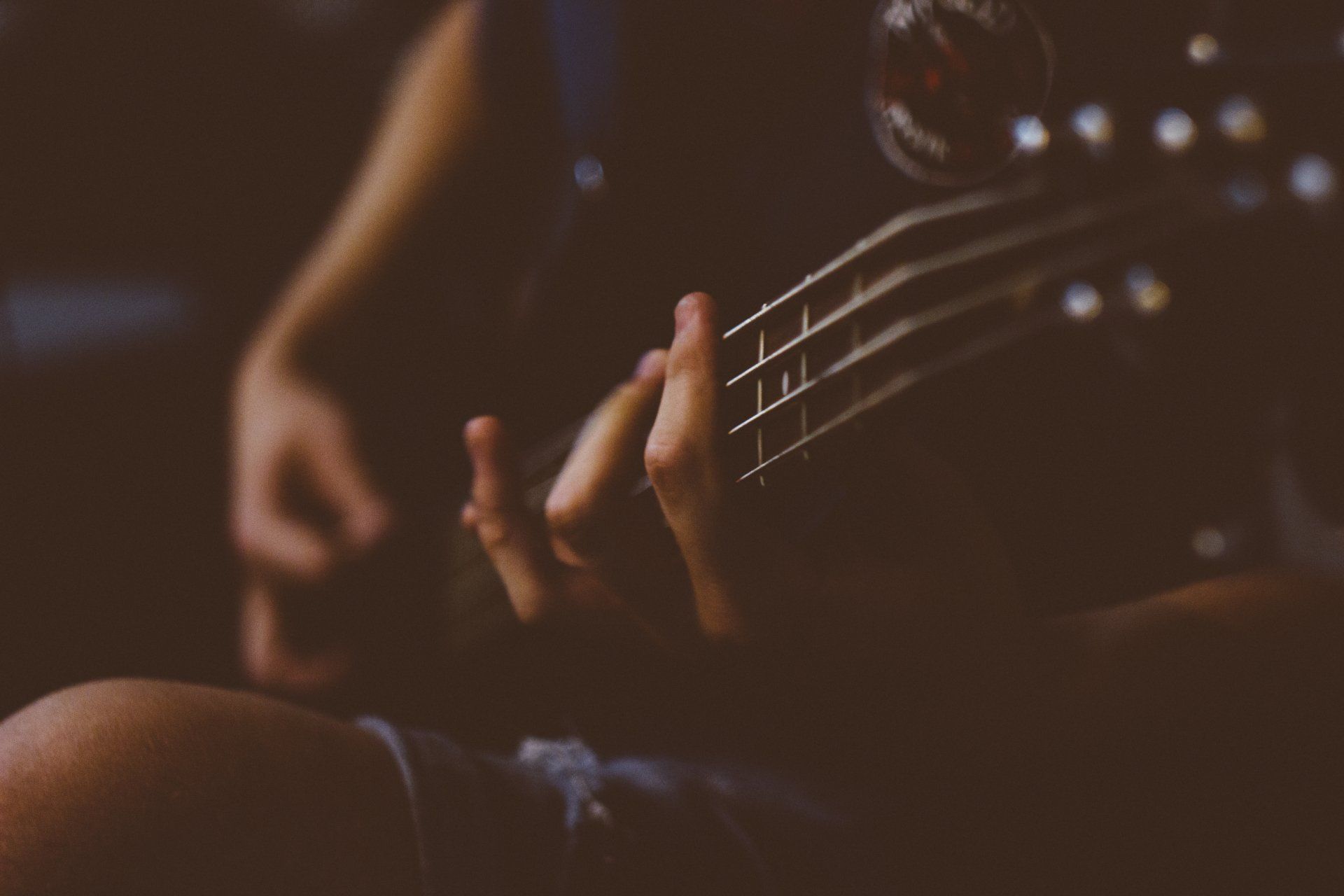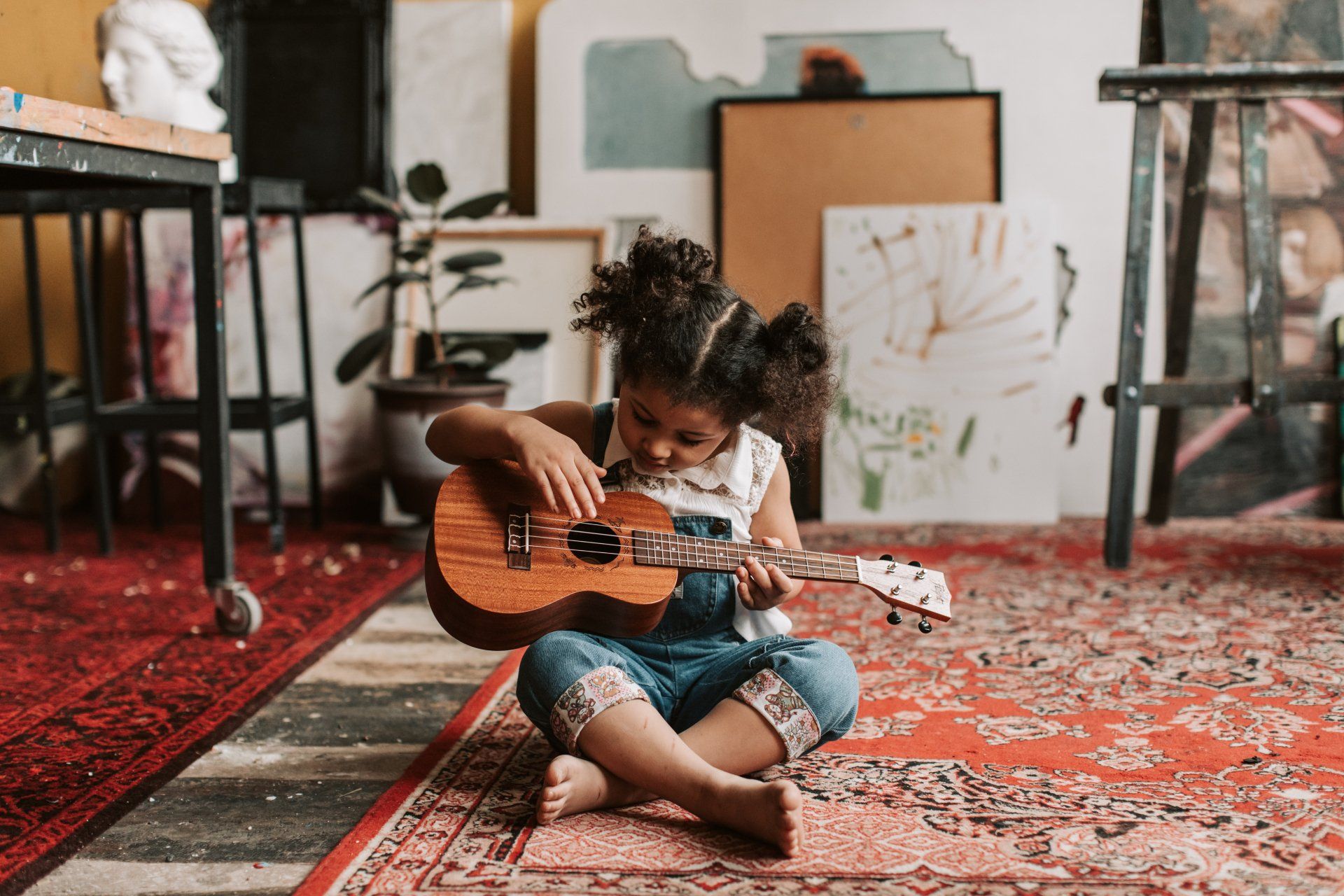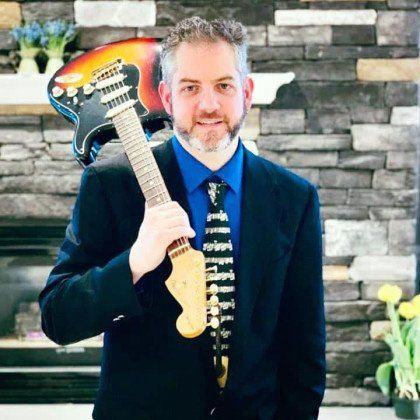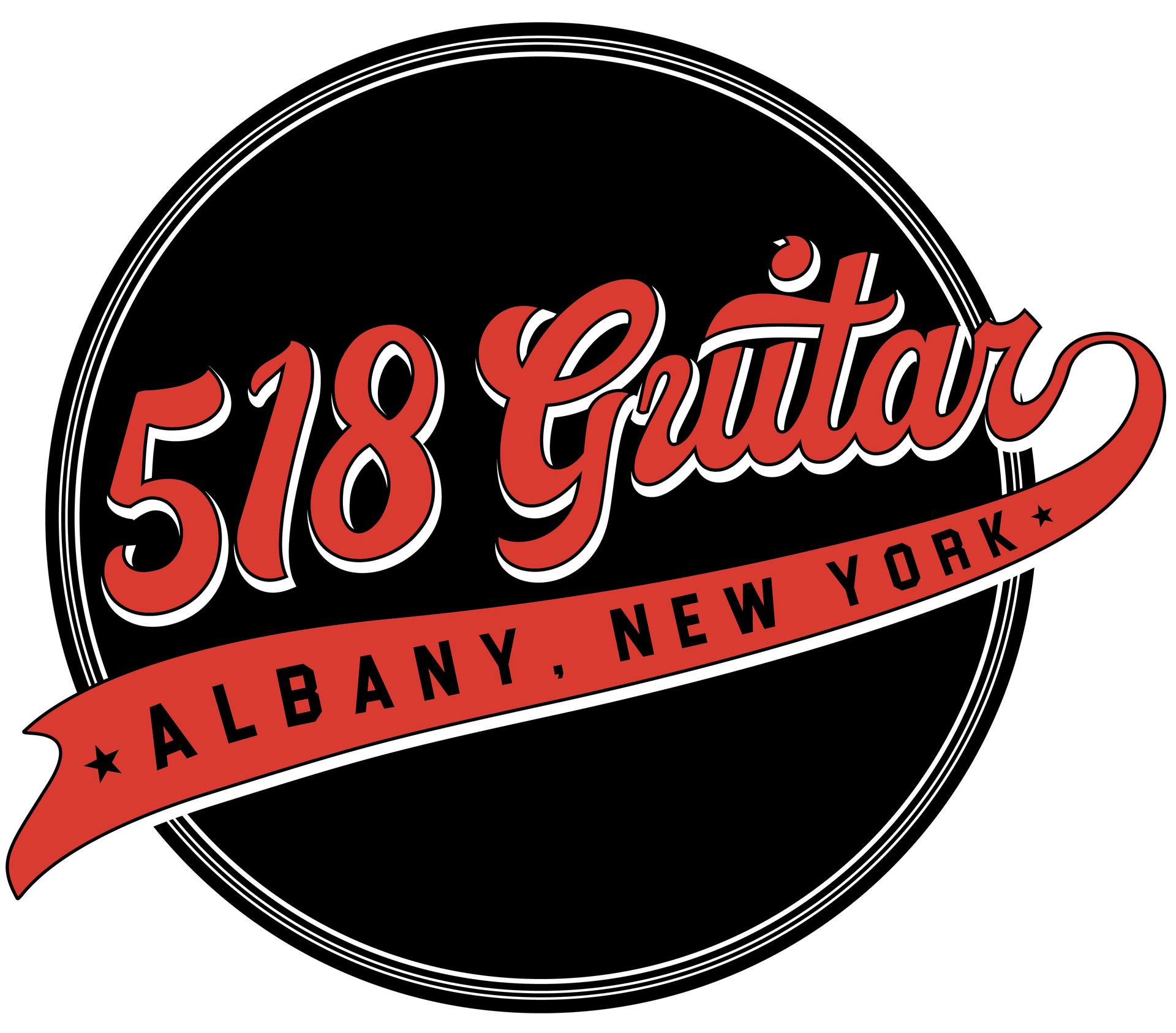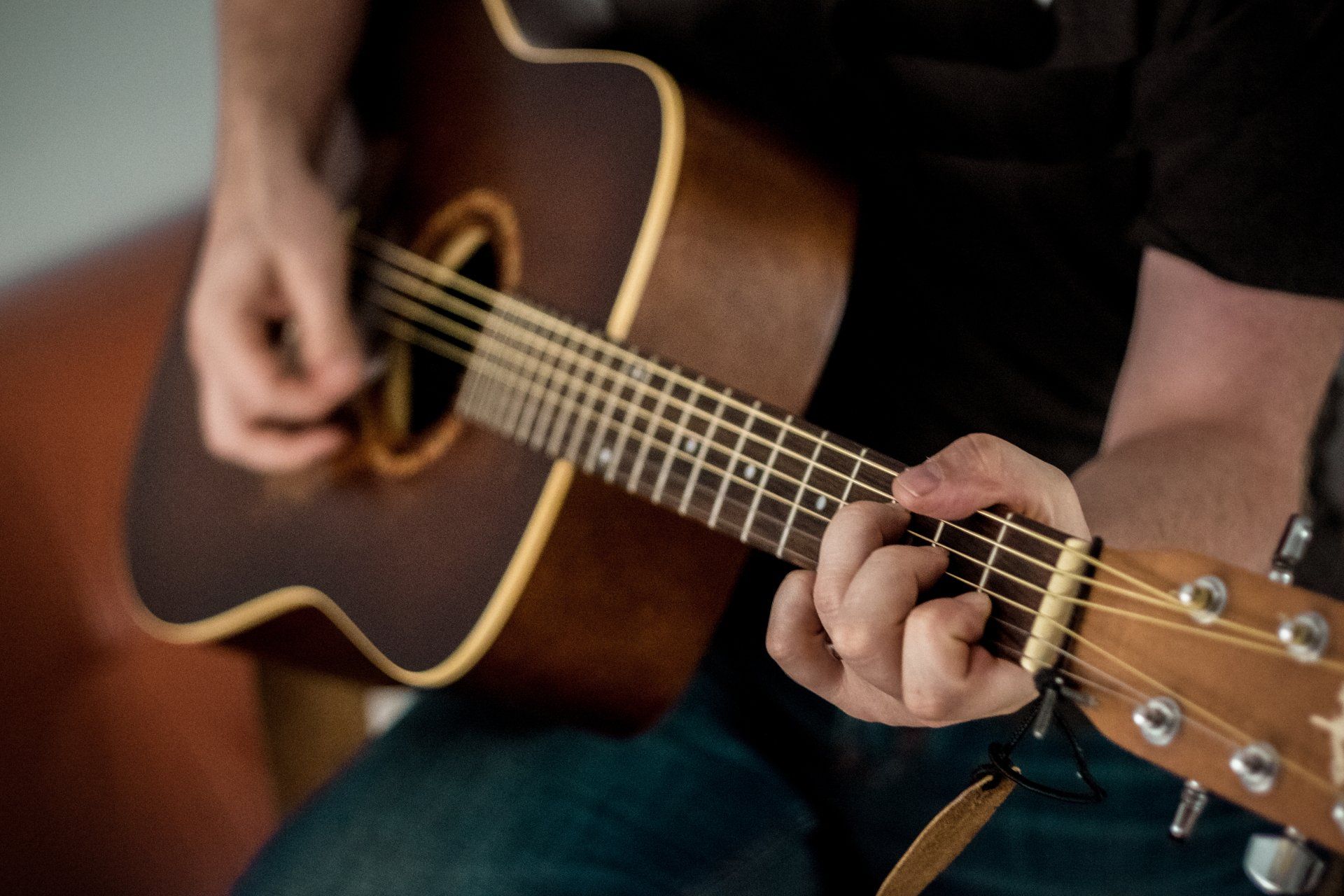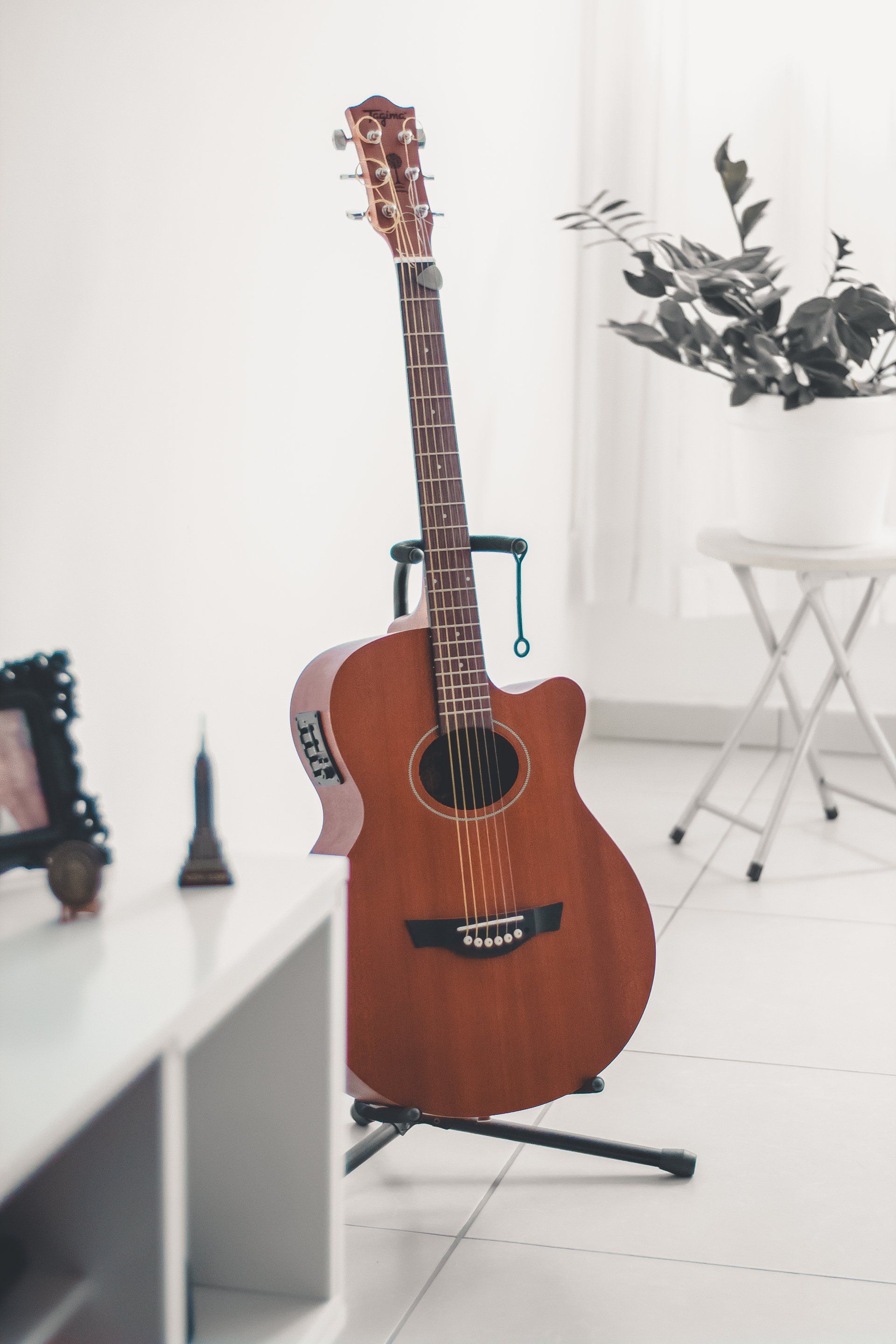Practice for Success

If you're bouncing between too many guitar exercises, riffs, scales, and techniques—hoping that something will click—you're not making progress. You're spinning your wheels.
Here’s the truth: unless your technical work directly supports the specific song you’re trying to master or the particular skill you’re developing, it’s just noise.
You’re burning precious hours and energy without building anything real. The guitar won’t become your partner this way—it becomes a lifelong puzzle you never solve.
You must focus.
Every successful student I’ve worked with narrows in on a clear target: one song, one skill, one goal. They don’t waste time with random theory videos or technique drills just because they “might be useful someday.” That approach spreads you too thin, and in the end, you know a little about a lot—but you can’t play.
My first-hand experience shows this to be true, as well.
I had to put myself through a self-imposed academy of rock when I joined a cover band. All I had prior to this was some BASIC music reading and method book training. It didn't matter. It wasn't related.
The band said, "Here's 30 songs. Learn them."
In those days, "online tabs" were not great. But...I had about 600 guitar magazines with 5 songs fully tabbed out in each.
I found the tabs, made a playlist, and went one by one. Every evening for 6 weeks.
How?
- I started with simply sketching out the basic chord changes. Wrote them down, and indicated if they are open strum chords, barre chords, or power chords.
- I identified the time signature of the song. Is it in 3/4 or 4/4? Those two time signatures are 90% of music. Take a pencil and tap it on your desk in the beat of the music. Does it feel right counting "1-2-3-4, 1-2-3-4" or "1-2-3, 1-2-3"? There's your answer.
- Now, what is the order of things in the song? "Intro to Verse 1 to Verse 2 to Bridge to Chorus", etc.
- I picked the ONE, most important riff from the song that people would instantly recognize.
- All the meanwhile training the major and minor pentatonic scales, which is all you need for barroom blues, country and rock and roll.
Once all this was down, and I could nicely hack my way through the three sets and some signature riffs.
This got faster, and faster, and faster. By the third week I was cooking and didn't even have to write down the chord progression in full. I'd say "Ah, another country strummer in G with a turnaround on the D7 chord". I would listen ONLY for surprises. The rest was predictable.
My support exercises for this venture were ALL about scales and riffs. I never said, "wait, let me stop and play some Bach", or, "Let's dive into some random things that's won't help me". There were no YouTube videos (or very few...) by guitar-gurus. They simply didn't exist.
Nope.
Only through sheer focus.
Because of that focus, I've been able to decently play and teach these songs and solos for 20 years.
It was deep, focused learning for an hour a night.
We got booked, week after week, because we played the songs simply and with energy. We knew it wasn't about us - it was about the audience. We laughed at ourselves for mistakes, made a note, and corrected them next time. I promise you - at 11:15 in a barroom, the only person worrying about "mistakes" is you.
Also, there is a very large, fat line between "the band was great!" and "who's the showoff guitarist that only nailed half their notes and frankly ruined a good show, playing inappropriately over the changes?"
To truly own a piece of music, you need partial memorization and deep familiarity. Until you're off the page—at least somewhat—you can't make music flow. Even simple strummer songs require that internalization before they start to sound and feel like music.
May I say that again? To truly own a piece of music, you need partial memorization and deep familiarity.
Scattered practice delays this.
Focused practice accelerates it.
Don’t dilute your progress with unfocused effort.
Train on what builds your song.
Practice what leads you closer to flow.
That’s how you make music come alive.
Want to play guitar for real? Stop guessing. Start targeting.
